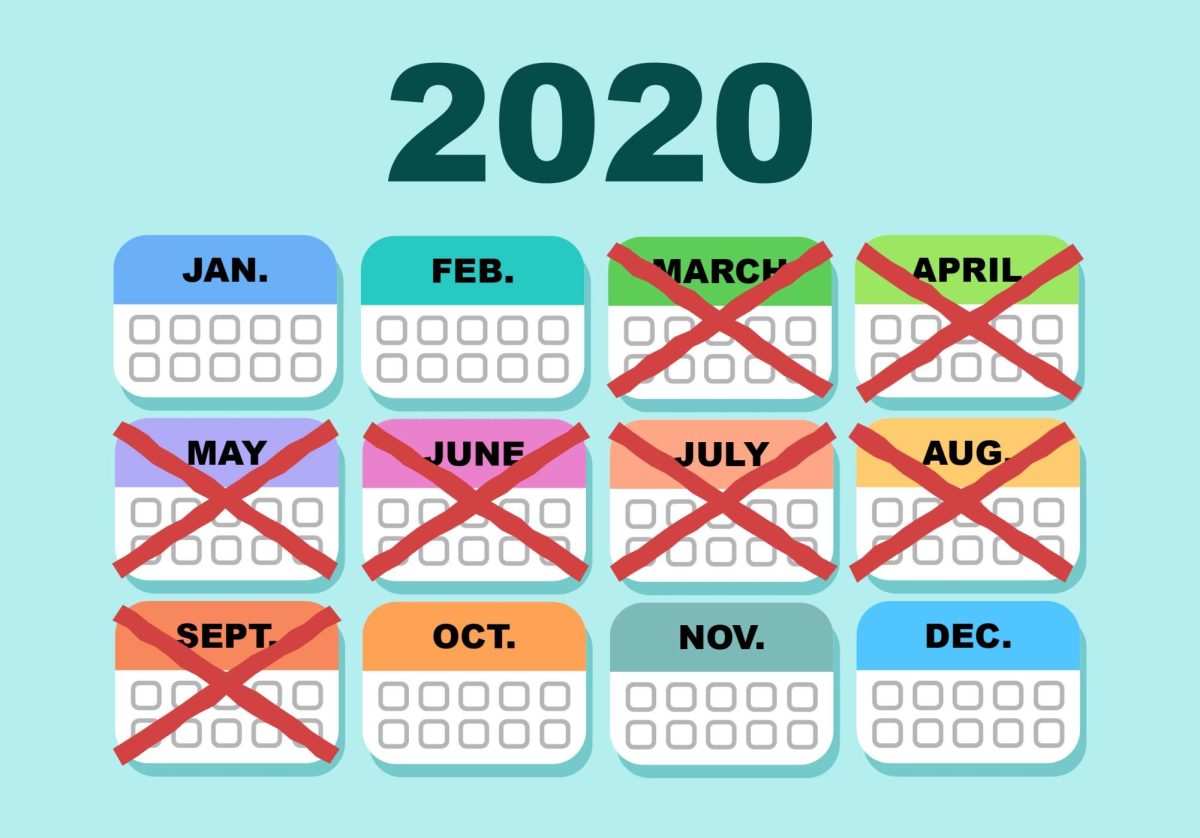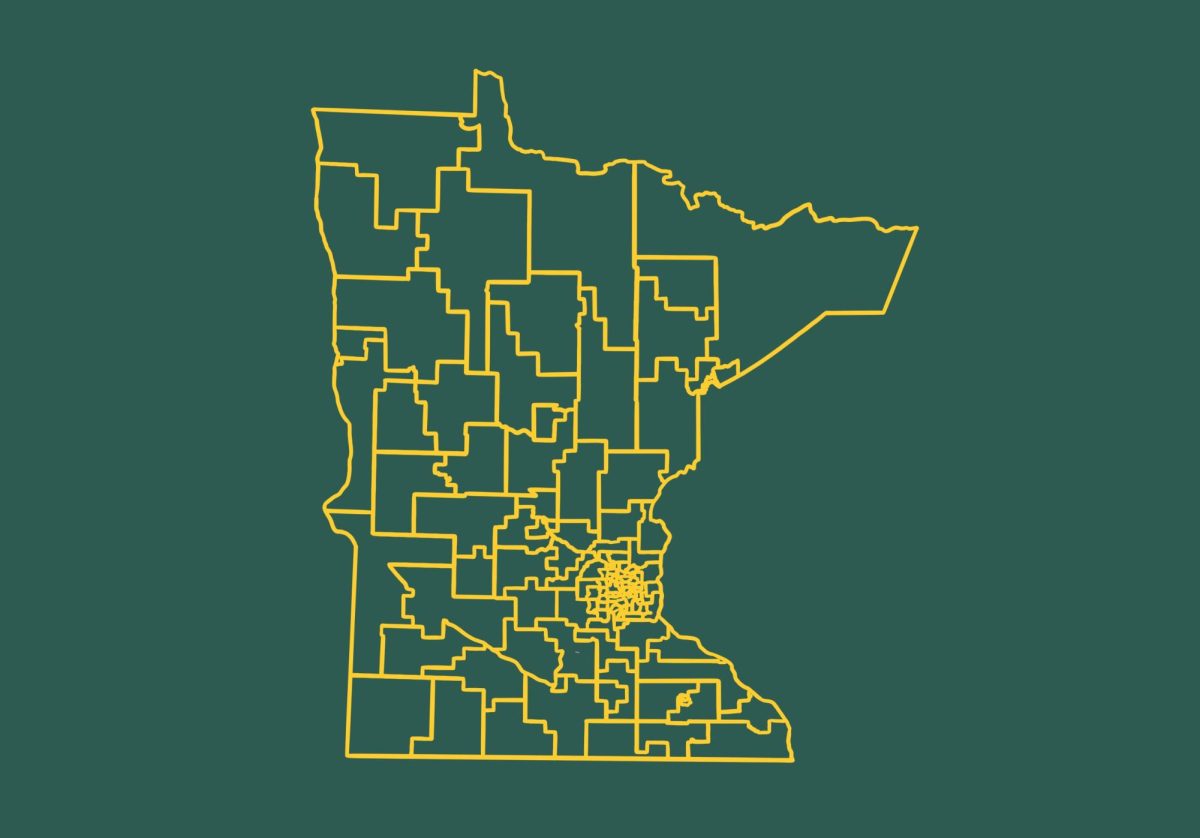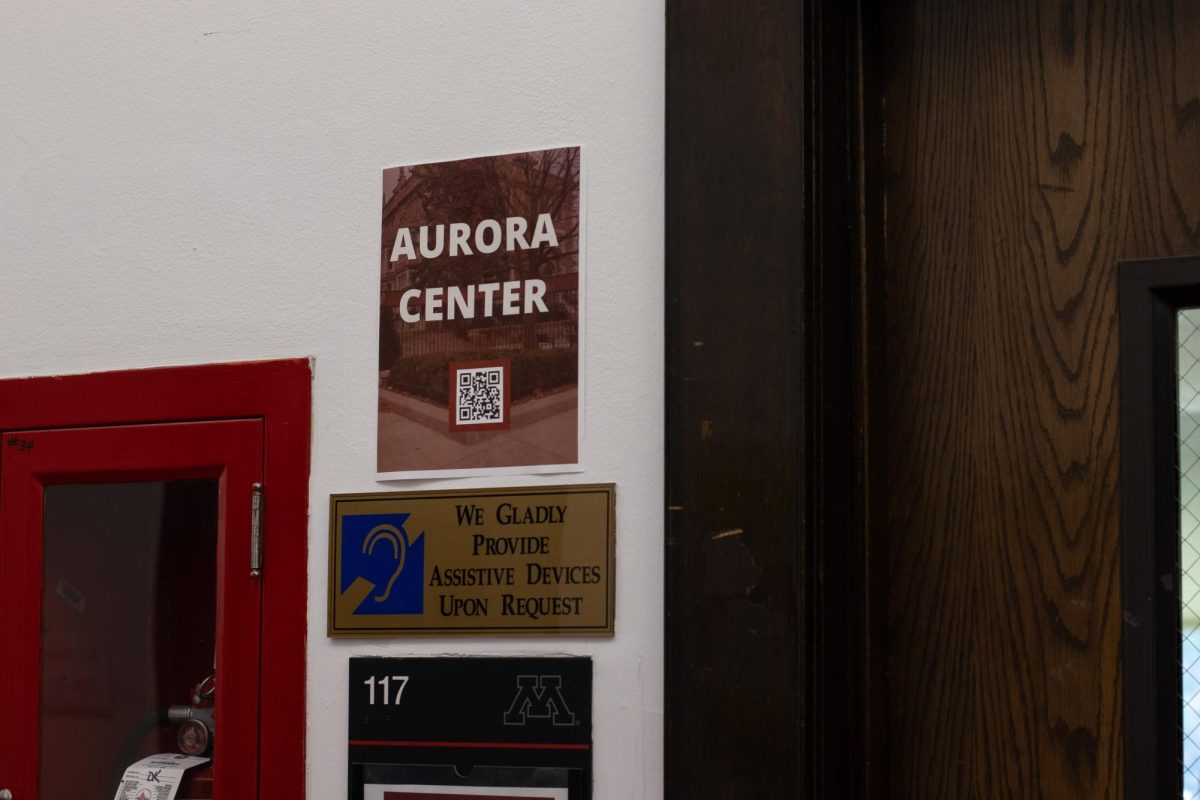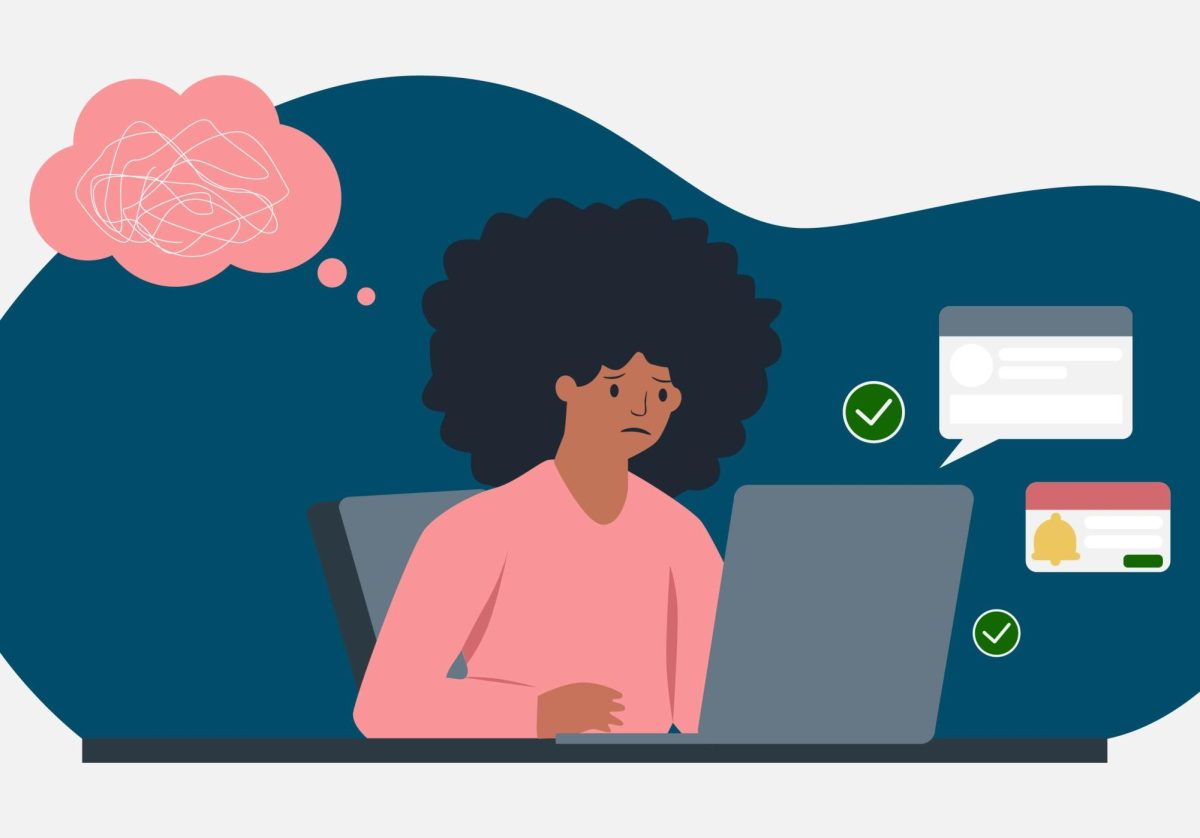Imagine you were born in 1998. Unlike our 1998, in this imaginary one, Facebook and all the other internet connectivity norms existed. Your parents adored their healthy, happy baby and so did their friends and family. I could watch you and your siblings grow, month to month, through your parents’ Facebook posts.
Now imagine it’s the year 2019, and you’re 21 years old. You are in charge of your own image — every single image of you that exists. You have the wherewithal to understand and digest the implications of those images. One day you Google yourself, do a bit of self-background checking and scroll through your parents’ Facebook photo albums — finding it’s packed with two decades of you, available to virtually anyone. And I, whoever I am, could watch you and your siblings grow, month to month, through your parents’ Facebook posts.
You’ve probably known for most of your life your relatives’ attitudes toward putting your photos on the internet. Your one-month-old smile, soccer games, graduation, the permission to post these things is implicit unless it is directly solicited. Which I think we can all agree it’s usually the former.
There are people who put photos of myself on the internet without my knowledge or consent. Those people tend to be close to me, and they care about me. Of course, I will still always love them too. For those reasons, it’s difficult to ask them, who only mean you well, to change something so fundamental in the way they express their affection. But what if you really don’t want your photos online? In the end, you may want to be in control of the highly personal information about yourself that is disseminated.
This is inconvenient but valid. Imagine how much more it will be for children younger than us: who really were born into the age of Facebook, whose first presence was the ultrasound, and, upon reaching some lucid age, realize their true privacy has virtually never existed. Their entire lives can be examined, scrutinized and data-mined. Those images and accompanying information are available for doxxing or third-party capital gain — which has been pedophilia for some and will be pedophilia again for someone else. It is easier to case and blackmail and, God forbid, kidnap.
The target audience for this piece is college students in 2019, who largely do not have children but are statistically past the halfway point between being born and bearing children of their own. By the time the classes of 2019 through 2022 have their own children, cultural norms may have shifted away from sharing photos of children into the public sphere. But sharenting, as Google apparently recognizes the word, is still very common.
Children today are already getting upset or scared over what personal information of their is publicly shared. Sharenting often comes from a good place, but it can end up somewhere bad. You can express love by showing it off, or you can express love by honoring intimacy.
Love is complicated, but it is also patient and kind. You do not love less if you don’t show it to everyone, or if you ask someone else to err on the side of caution.













